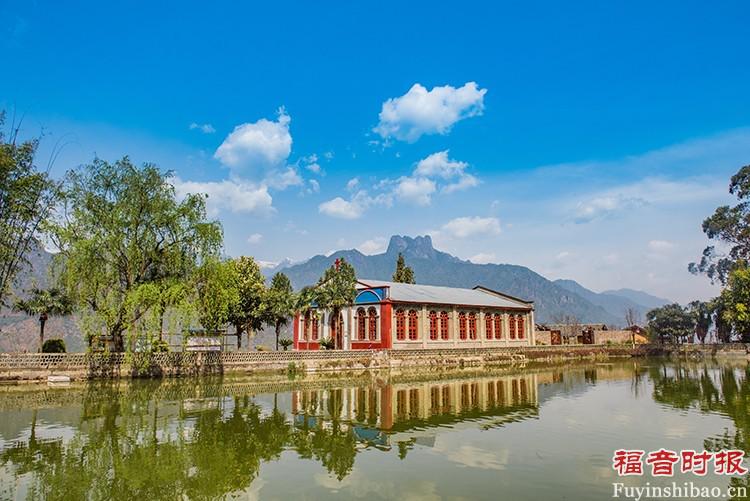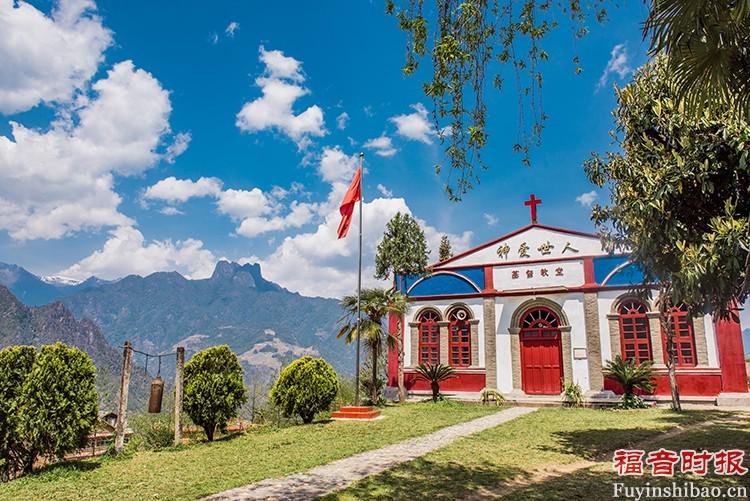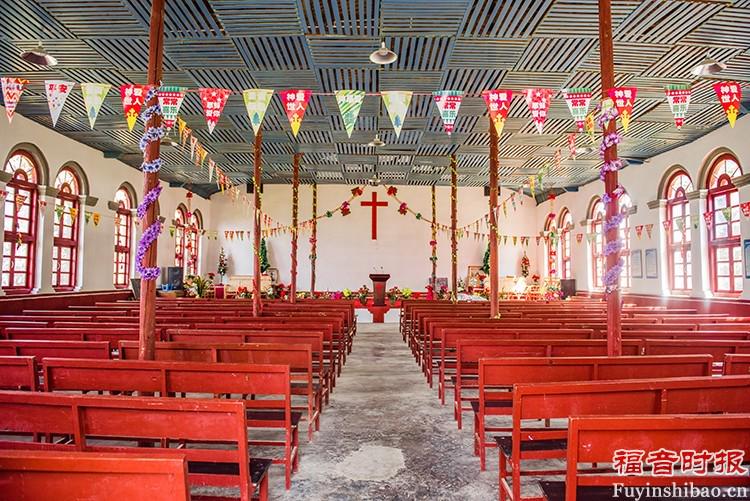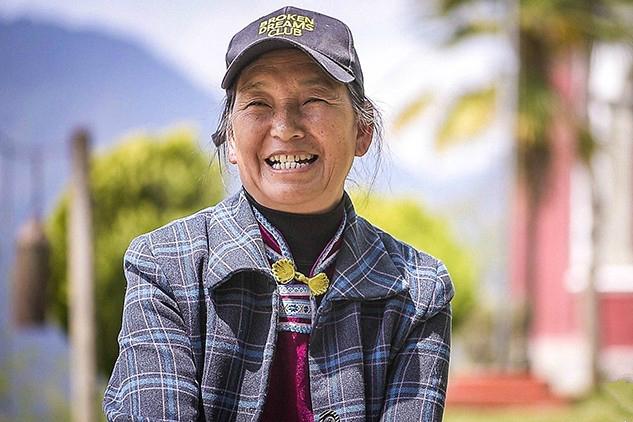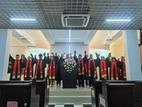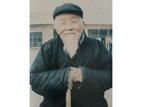The famous Laomudeng Church sits in the Salween Valley, serving Nu Christians there. "Laomudeng" is from the Nu ethnic language and means "a place people like to visit". It is located in Laomudeng Village, Pihe Township, Fugong County, Nujiang Lisu Autonomous Prefecture, Yunnan Province. Fugong County is an arctic-alpine mountain area where mainly Lisu live together with Bai and Nu people.
Over a century ago, missionaries brought the gospel into the county. After integrating with local ethnic cultures, the Christian faith has become a part of local Christians' life: they regularly attend church services, hear sermons, and sing hymns every week.
In 1902, French missionaries started to reach local people and assigned one or two clergymen to stay in every village they arrived and to preach and establish churches there. Unlike magnificent Western churches with Gothic-style spires, colored windows, and frescoes, these plain churches built by missionaries were considered as good architecture in the Salween Valley.
Laomudeng Church was one of them. It had two church buildings that were completed in 1930 and demolished during the Anti-Rightist Campaign in 1958. In 1979, the two churches were amalgamated. A new church was constructed and went through three renovations. The current church building with the structure of bricks and wood was built before the Christmas of 1994 and completed one year later. All the coast was paid by offerings and donations from villagers.
A Mi'na (a Nu name), the church's deacon, is also the only female deacon in Fugong County. She said, "By ourselves, we cut the wood and burned limestone to make lime for the construction because we didn't have money and even had trouble putting food on the table. However, we led the congregation to contribute labor to build the church."
The picturesque Laomudeng Village with mountains and water attracts visitors. Many shutterbugs take the church as the background of photos. A Mi'na said that tourists were fond of four-part hymns sung by the church choir and commended on their natural voices. She added, "Even if they don't understand the hymns, they feel peace in their hearts and happiness that words cannot express."
Since Nu people don't have their own script, Nu believers use the Bible and hymnals in Lisu language. Like Lisu believers, Nu Christians sing hymns with high-pitched voices.
She told that there are more than 150 Christian households with over 400 Christians in Laomudeng Church. Most of them are members of Laomudeng Church. At ordinary time, the church attendance was around 200 because some villagers left their hometowns for work and study.
The local church observes Easter, Thanksgiving Day, and Christmas. Nu Christians from Laomudeng Village and another village mainly celebrate the first two festivals by singing hymns and worship. On Christmas, believers from Pihe Township gather together to solemnize it with worship and praise and other activities.
Serving the Lord for years, A Mi'na thanked God for using the illiterate woman. "When I was young, I didn't hear these Christ's word but was told by my parents to believe in God. Since 1982, I have gradually learned that how God loves us. He even gave us his one and only son so that we can be released from sins. This is really touching."
- Translated by Karen Luo

